Background
Malawi
Malawi is known as the “Warm Heart of Africa” due to its very friendly population. It is located in the southeastern part of Africa, bordered by Zambia, Tanzania, and Mozambique. Until July 6, 1964, it was known as Nyasaland, a British protectorate. Lilongwe is the capital of Malawi, and Blantyre is the largest city.
The country is not at war and has a democratically elected government. However, poverty, hunger, and diseases like malaria and AIDS create an urgent need to offer assistance to the people in this country.

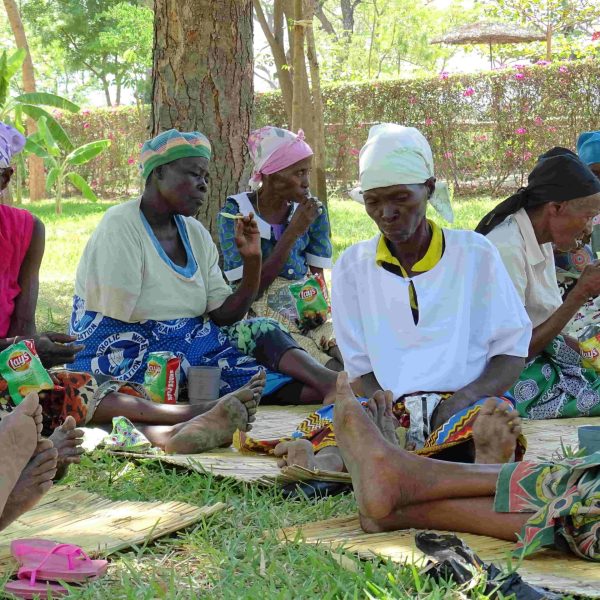
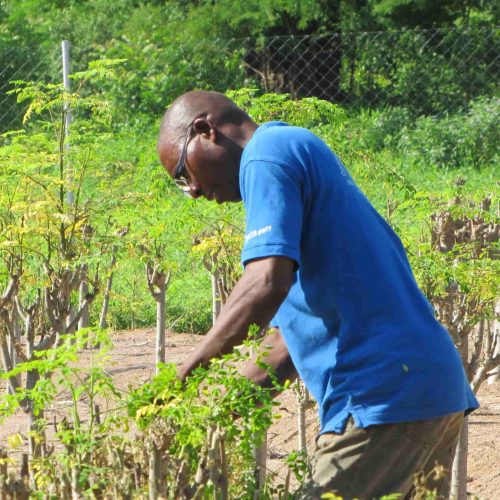
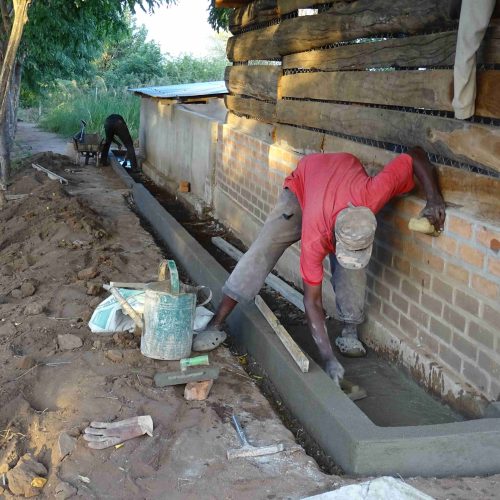
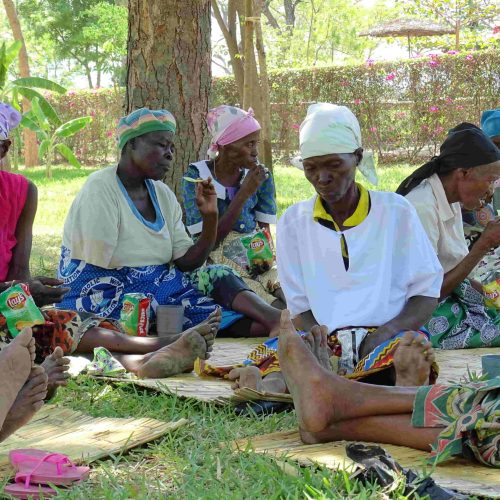
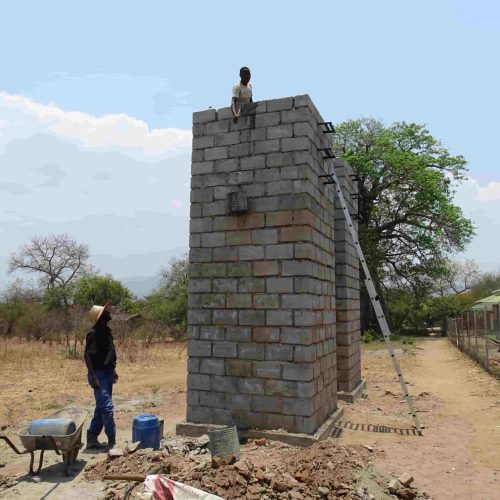
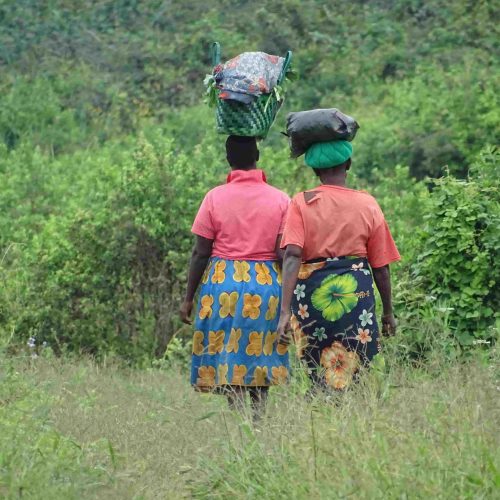
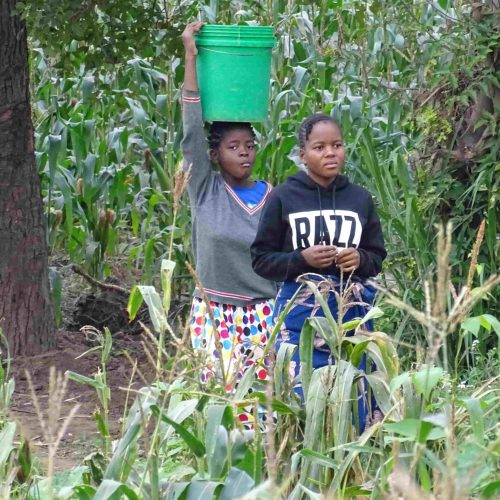
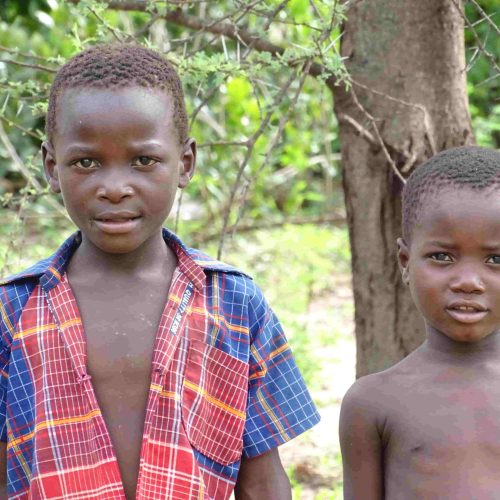
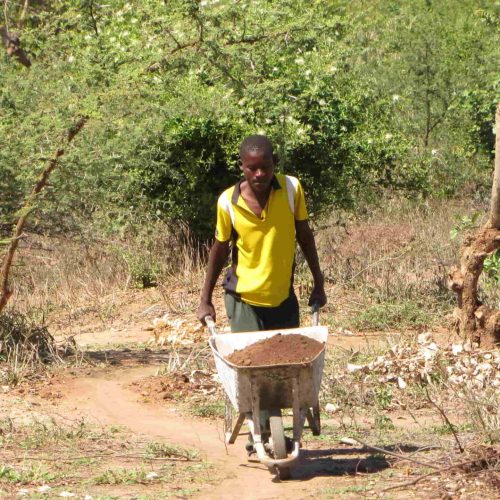
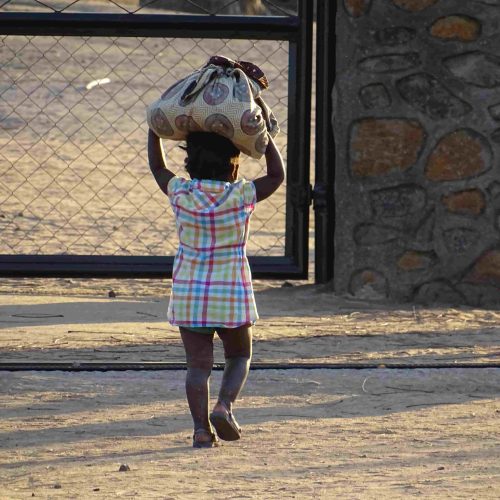

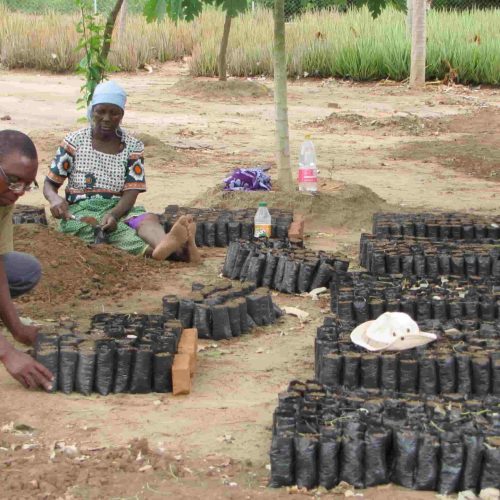
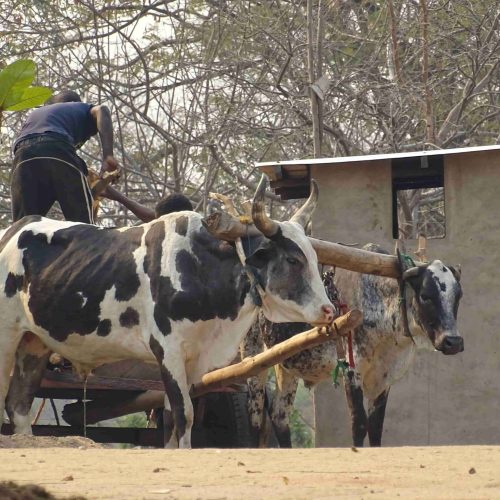
Chichewa
Country en language
Malawi has over 20 million inhabitants (2023) and is three times the size of the Netherlands. One-fifth of Malawi consists of water: Lake Malawi. The Shire River flows from Lake Malawi, covering a distance of 402 kilometers to the southern part of Malawi, where it then flows into the Zambezi River (Mozambique).
The official language is English, and the national language is Chichewa. Chichewa is the language spoken by most people in the southern region of Malawi. Additionally, Malawi has 17 other languages, some of which have various dialects. Approximately 40% of the Malawian population is illiterate, with 28% of men and 51% of women being unable to read and write.
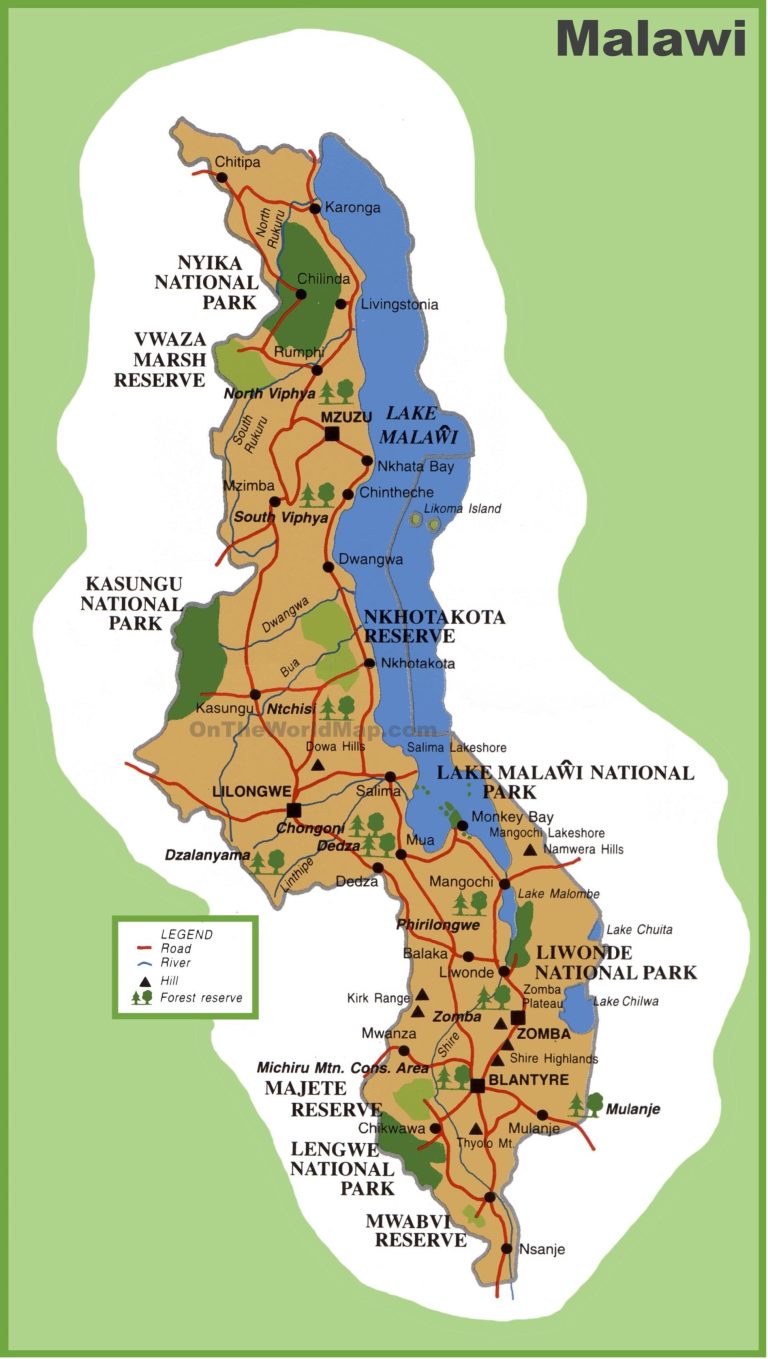
Healthcare
The Chikhwawa district (4,755 km2) has one government hospital and several government clinics. The area is far from the city, and the clinics are widely spaced apart. Due to the heat and drought, it is an unattractive location for development aid.
There are over 560,000 inhabitants, with approximately half of them being children under the age of 16. The management of the government hospital experiences a significant daily need for expanding healthcare services in the form of an additional clinic within the communities themselves.
HIV & Aids
In Malawi, 9% of people between the ages of 15 and 49 are infected with HIV, which can lead to the disease AIDS. It is estimated that out of the over 19 million people in Malawi, 900,000 are infected with the HIV virus or have AIDS, including 100,000 children under the age of 15.
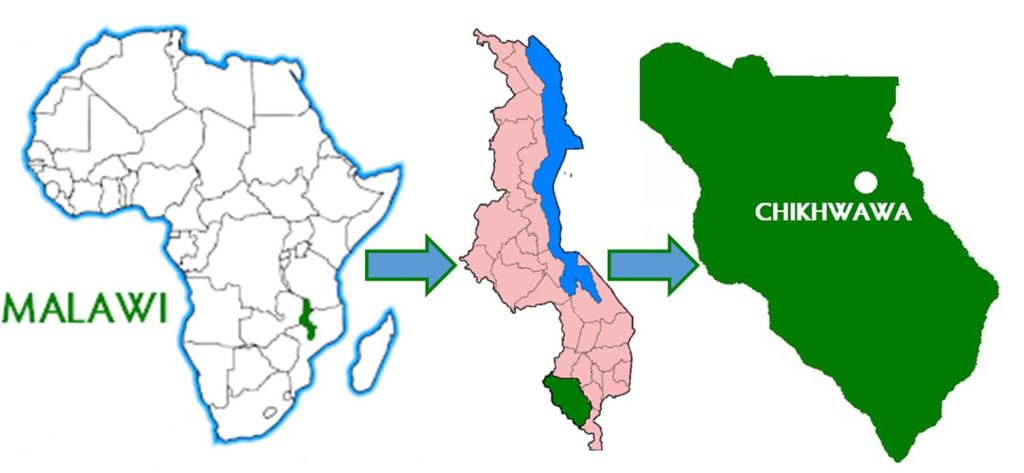
Malaria
Every year, approximately 400,000 people worldwide die from malaria. 75% of these fatalities are children under the age of 5. Nine out of every ten fatal malaria cases are found in Africa, particularly in the poorest countries of Sub-Saharan Africa, including Malawi.
In 2018, nearly 3,000 deaths were reported due to malaria. Malaria has a devastating economic and social impact as it exacerbates poverty and decline.

